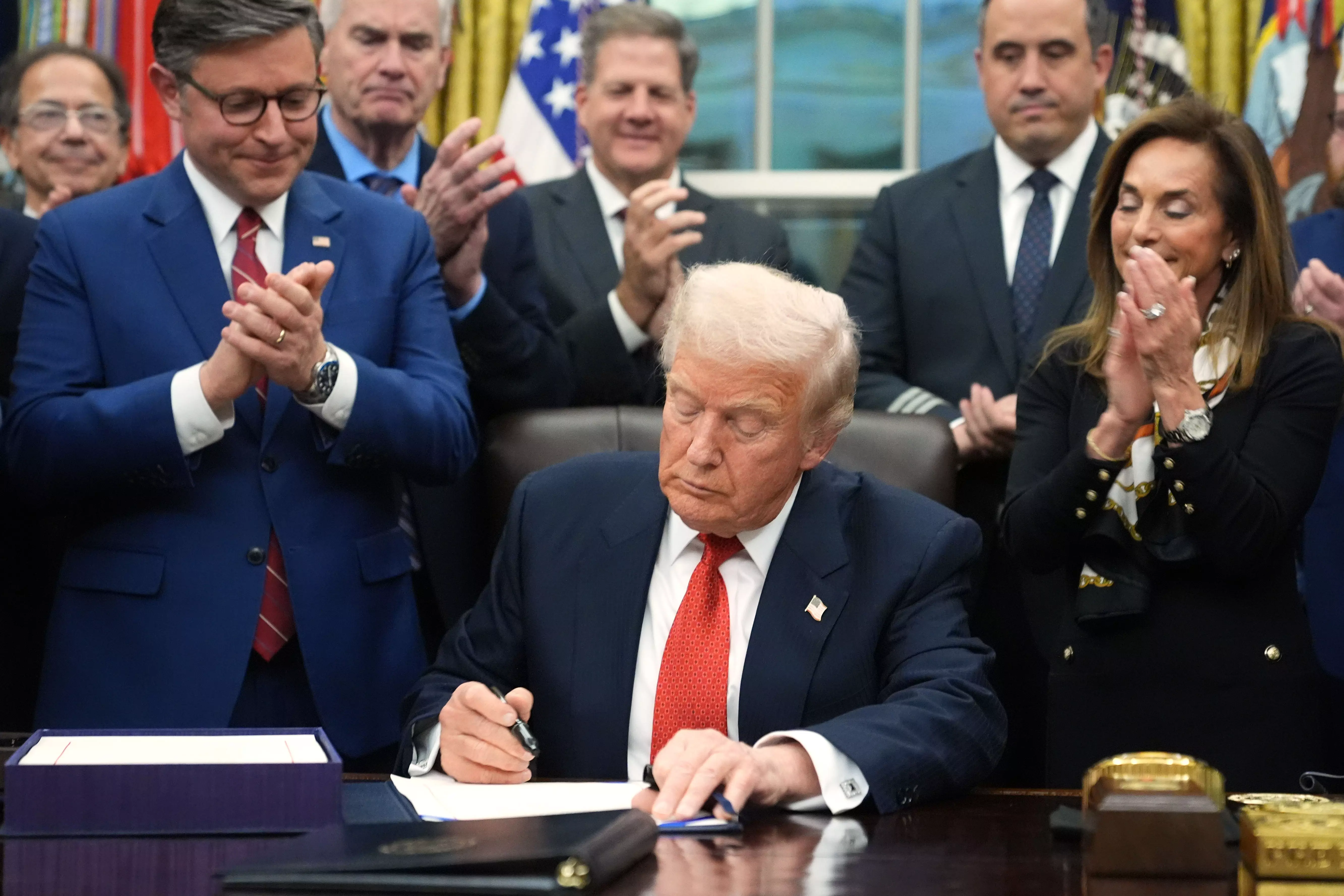HYDERABAD: Nestled in one of the narrow bylanes of Secunderabad, past rusted shutters and tea stalls humming with old film songs, a different rhythm, the soft thump of stretched leather, the resonant ring of wood meeting hand, takes over.
Inside a modest shop filled with half-tuned tablas and their wooden cousins, the dholaks, a family of craftsmen continues a 180-year-old legacy, repairing rhythm itself.
Three brothers sit cross-legged on the floor, each lost in his own beat. Mohammed Ibrahim adjusts the taut leather of a tabla’s pudi (drum skin), tapping it lightly with a hammer until it sings. “We are trying to
keep the craft alive,” he tells TNIE, his words almost drowned by the tabla’s gentle resonance. “Our father learnt it from his father, and his father before him and so on. It’s not just work — it’s sound, touch and memory.”
For generations, the family’s hands have shaped the instruments that carry the city’s devotional and festive pulse. Their tablas and dholaks find their way into temples, churches, and qawwali and bhajan gatherings — the unseen backbone of countless performances. “Sometimes an artiste brings his tabla in a hurry before a concert. Sometimes it’s an old family piece from someone who just wants to hear it sing again,” Ibrahim says. “A small repair costs about `600 to `1,500, depending on what’s needed. A new tabla starts around `2,500.”
The materials, goat skin, syahi paste, and the round wooden shells, arrive from Maharashtra. Yet, despite changing times, nothing here is mechanised. “We don’t have any outside workers,” says Mohammed Zafar, his fingers stained dark from the adhesive. “Each tabla has two hearts — the wooden shell and the leather skin.





